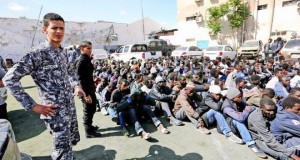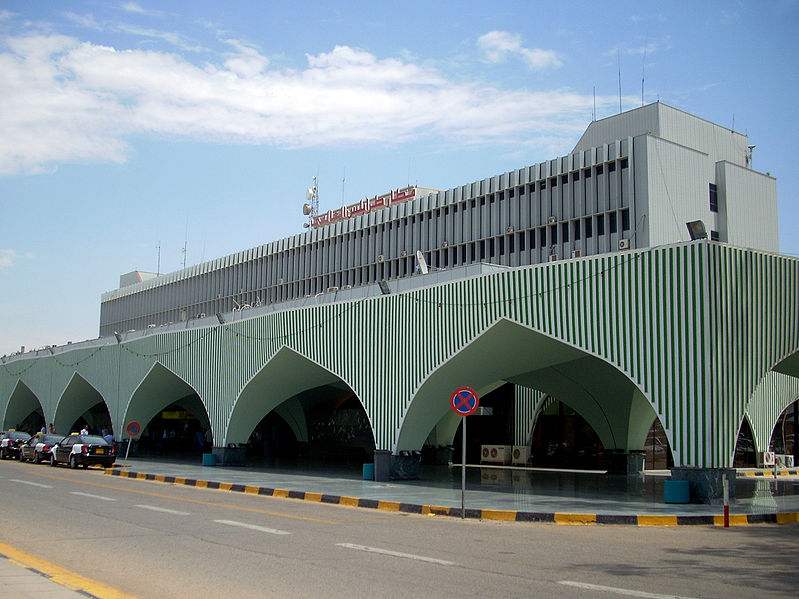By Libya Herald reporters

Tripoli and Tunis, 18 May 2015:
The EU foreign ministers have today agreed to launch a three-stage military operation . . .[restrict]to counter Libya-based people smugglers.
The first phase, that of intelligence gathering, is already under way, and according to one EU source, has been so for some time. The second part, expected to begin next month, will be the interception in international waters of vessels newly-acquired by smugglers on their way to pick up migrants in Libya.
The third phase of the operation, to actually enter Libyan waters and perhaps even launch ground raids on smugglers and their vessels, is going to need UN approval. The UK is currently preparing a resolution for the Security Council. However, UN Secretary-General Ban Ki-moon has already expressed grave reservations about operating within Libyan waters. Russia and China are also known to be unhappy with the plan and may wield their vetoes.
Their mood may not have been improved by reports in a British Sunday newspaper that special forces might be deployed to destroy smuggling craft. There is also the issue that, with the supply of wooden and metal vessels drying up, the smugglers are turning to easily-acquired rubber rafts that need only be inflated shortly before they are launched.
The EU’s position at the Security Council is likely to be the more difficult because the government in Beida has protested the plan to violate its sovereign territory. The Libya Dawn antigovernment, from whose area almost all of the people smugglers operate, has also condemned the scheme. It is generally believed that the human trafficking has come to be dominated by militias that make up Libya Dawn forces.
Earlier today there were reports that 400 would-be migrants had been detained at a farm near Tajoura, to the east of Tripoli, by Libya Dawn police. Prime minister of the antigovernment, Khalifa Ghwell, two weeks ago appealed to the EU to work with Dawn to combat the human traffickers. The move, which was publicly ignored, was widely seen as an attempt to have Brussels grant de facto recognition to the antigovernment appointed by the rump of the General National Congress.









